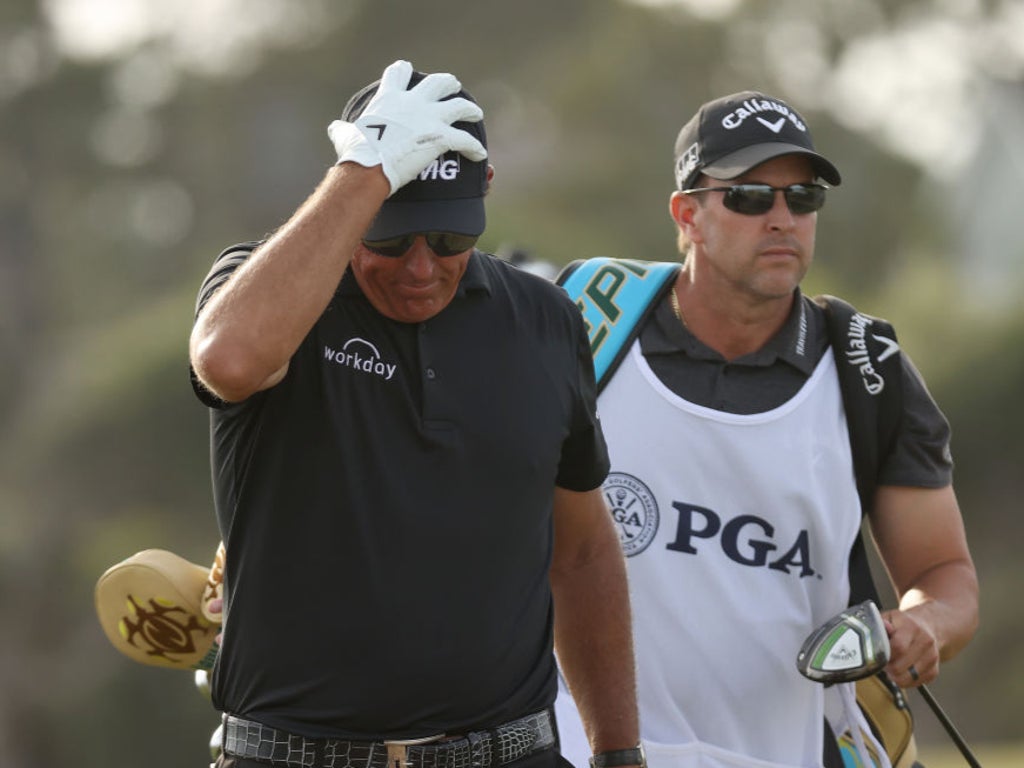
There was a time when golf used to hide its dirty laundry, operating behind a country club omerta whereby the likes of disciplinary bans, drug tests and administrative disputes were probably settled somewhere between the bar and the snooker room. The events that have unfolded in the build-up to this year’s US PGA Championship are a reasonable explanation as to why the sport could never trust itself to operate outside that “safe space”. It’s not that all golfers have an uncontrollable urge to make hopelessly offensive comments, just that there are more than enough who insist on obliviously doing so.
And so, it has led to a tournament without its defending champion, in danger of being overshadowed by a power struggle fought – as they always are – in the name of greed. Phil Mickelson pulled off an extraordinary feat when he became the oldest major champion, just short of his 51st birthday, in history at Kiawah Island last year, the goofy dad decked out in Top Gun aviators who reaped untold pleasure from outsmarting a younger generation. The one man he couldn’t outwit, it seems, was himself.
After admitting he thought the Saudis were “scary m************” with a “horrible human rights record”, Mickelson still came to the conclusion that LIV Golf’s rival league was an appropriate form of leverage in his efforts to wrestle image rights and other profit streams from the PGA Tour. His brazenness led to the implosion of the league and his ostracisation from the circuit, and confirmation that he would not defend his title only arrived last week in the form of a brief statement from the PGA rather than the man himself. It is undoubtedly a shame but it is hard to feel any great deal of sympathy. The same cannot be said for some of Mickelson’s fellow pros, though, and in an interview with ESPN, Charley Hoffman produced an astonishingly unaware analogy as he defended his childhood friend. “Unfortunately he stuck his neck out and it got chopped off.”






